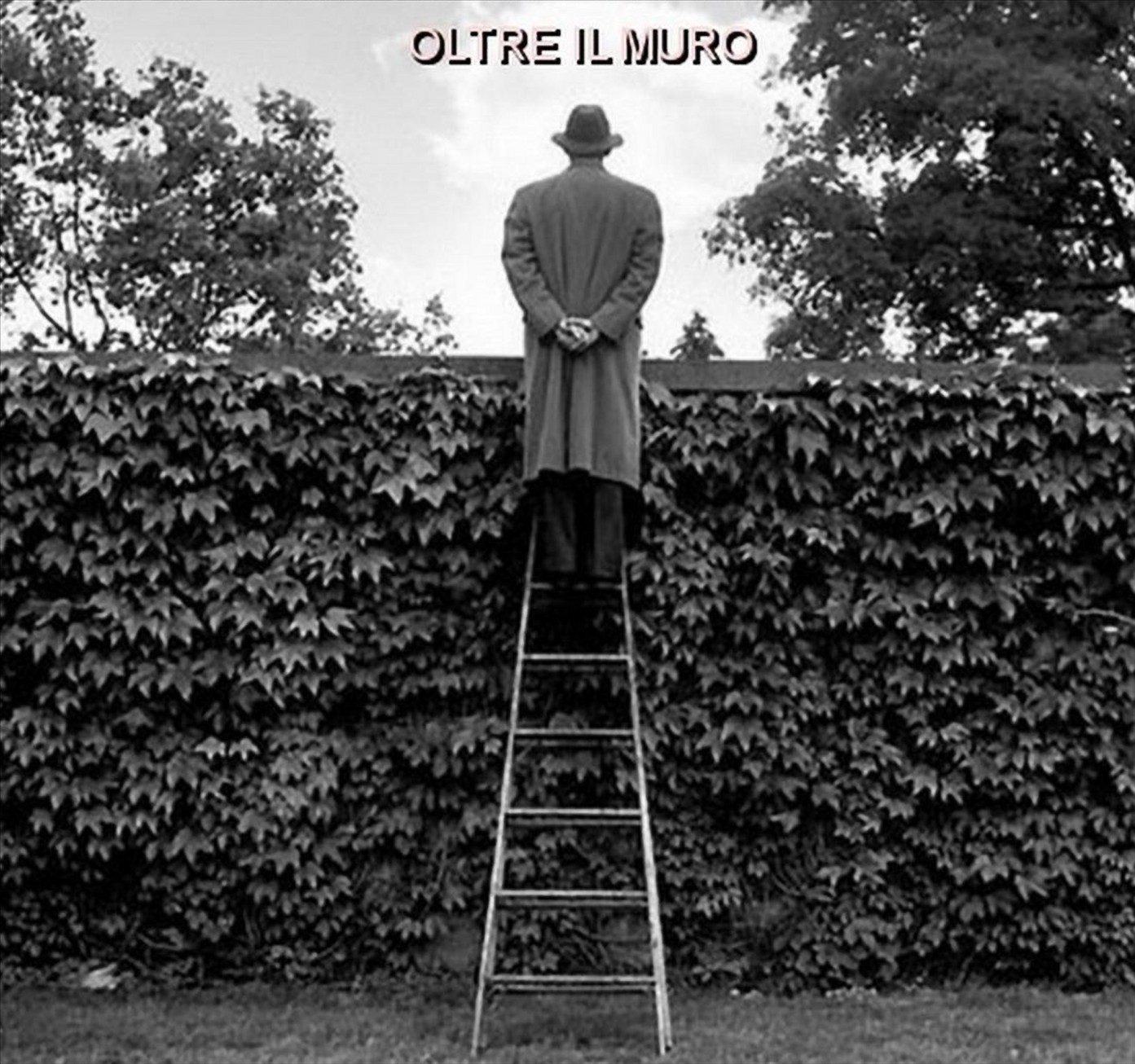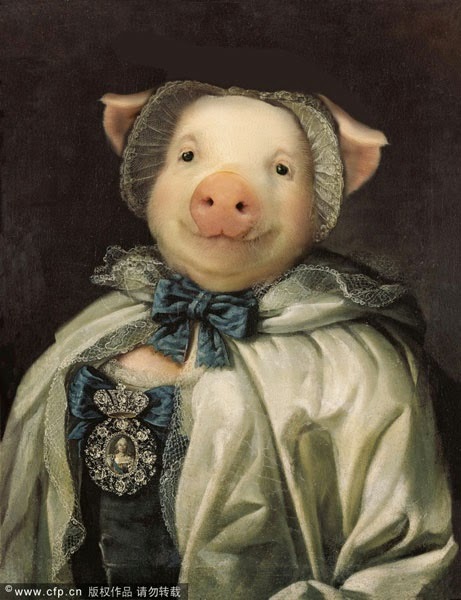I began my
photographic career at the age of 12 when my dad bought me a basic SLR camera.
I became fascinated with a new way of looking at the world and the ability to
record things of importance to me. It was a way of marking out my world.
When I was
15, I received the first installment of compensation from the Government
following a knife attack (my attacker had a thing against punks) and
instinctively I knew what I was going to spend the money on: more lenses. When
I received the rest of the money at 18 I spent it all on a set of professional
cameras and lenses. From that moment onwards, photography has been the constant
focus for me. It has enabled me to vocalise my other interest: politics.
Studying photojournalism in the 80s enabled me to articulate my feelings,
beliefs and values into a visual medium that I could communicate to others. I
would take photos at all the demonstrations I went to: anti-apartheid,
anti-nuclear, the miners’ strike and the picket lines at Wapping. I hoped, and still
do, that my images could portray something of the way we live today, how each
action has a reaction, that nothing is without cause or response.
I believe
in the good of people. Wherever I have travelled, the people I have met and
stayed with have been welcoming and open. Even in the most dire situations,
when almost everything seems negative, I find myself photographing the
positives. When I stayed with a family in the favelas of Rio de Janeiro I found
that in spite of the level of violence surrounding people living there, it was
outweighed by the community’s cohesion. They had, without any external help,
organised football and ballet classes for the children and adults, art clubs,
after-school care and had built their own library. Families supported each
other and the community had a strong sense of social solidarity. This is what I
wanted to photograph, not the violence and danger. When I first started taking
pictures I found that the social documentary style of B&W suited my work
brilliantly (things were more black & white to me then). However, as time
has gone by, I have moved away from the more traditional image to something I
think is more fluid and spontaneous.
All images ©
Adam Hinton





























































